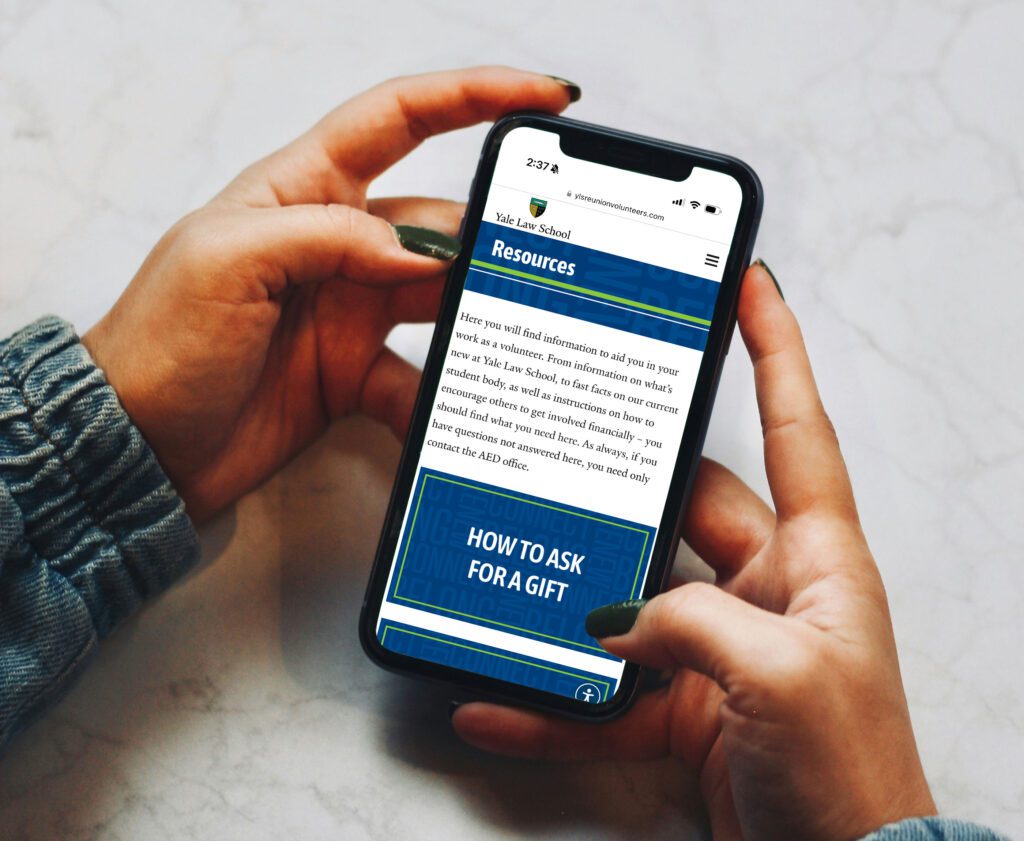PDFs allow us to provide useful documents to our audiences while preserving the formatting of the original document. But it’s important to consider how PDFs are viewed by search engines and how that relationship may affect your website overall.
SEO is crucial to being found online. Being one of the top listed search results for keywords associated with your content puts you in front of more people. PDFs are indexed by search engines, but they’re valued less than HTML. Meaning, if a topic you cover in PDF is searched, your PDF will generally show up lower in the search engine results page (SERP) than any webpage.
Aware of the issues PDFs contain, the Pennsylvania Horticultural Society (PHS) needed us to find a better solution for the digital version of their quarterly magazine, GROW.
Problem: Responsiveness and Accessibility — Accessibility broadly refers to helping all audiences to be able to consume your content. Some people live with disabilities that require assistance when viewing things online. Creating content that follows accessibility standards is important from an ethical standpoint as well as for SEO. Responsiveness falls within accessibility standards and refers to online content’s ability to adapt to the screen it’s being viewed on. Search engines will penalize any content that is not responsive — including PDFs. PDFs do not adapt well based on different screen sizes and cannot be read by screen readers, meaning reading them on mobile or tablets can be difficult and goes against accessibility best practices.
Solution: Find a Mobile Friendly Solution — While there are ways to optimize your PDF to be as mobile friendly as possible, it will never responsive or accessible. Alternative solutions, like the one we’ve used for GROW Magazine, allow for your content to be fully responsive. The digital version of this publication is designed and built on a site that adjusts for different devices and incorporates other necessary accessibility features.
Problem: Loss of Traffic — PDFs typically open a separate browser window that only displays the document. This requires users to take extra steps to get back to your website. These extra steps can result in a loss of conversions and an increase in bounces.
Solution: Embed on Your Website — The dynamic platform we use for GROW allows PHS to embed the publication on their site. The digital edition displays natively on https://phsonline.org/ and readers don’t have to leave the site to access it, so it looks and acts like native web content.
Problem: Analytics Invisible — Tracking users through your site provides incredible insight for marketing. You can track a user’s whole journey on your website…until they reach a PDF. Once they click through, you can’t track where they go, if they read the whole thing, or at what point they exit. And it takes some work in GA4, a plugin, a form, or Google Tag Manager set up to track downloads.
Solution: See What’s Happening — On-page content is trackable. Our technology incorporates analytics, so PHS is able to track online readers. This way, they can offer the visual impact of a custom designed publication online and see how users interact with it.
PDFs are the perfect solution when content needs to be downloaded or printed. However, if the content you’re sharing is meant to stay online — like a digital magazine or publication — a PDF may actually do more harm than good. Head over to GROW to see how we’ve worked to create a SEO friendly immersive storytelling experience.
Email us or give us a call at 267-468-7949 and find out how we can help you avoid losing sight of your readers online.



